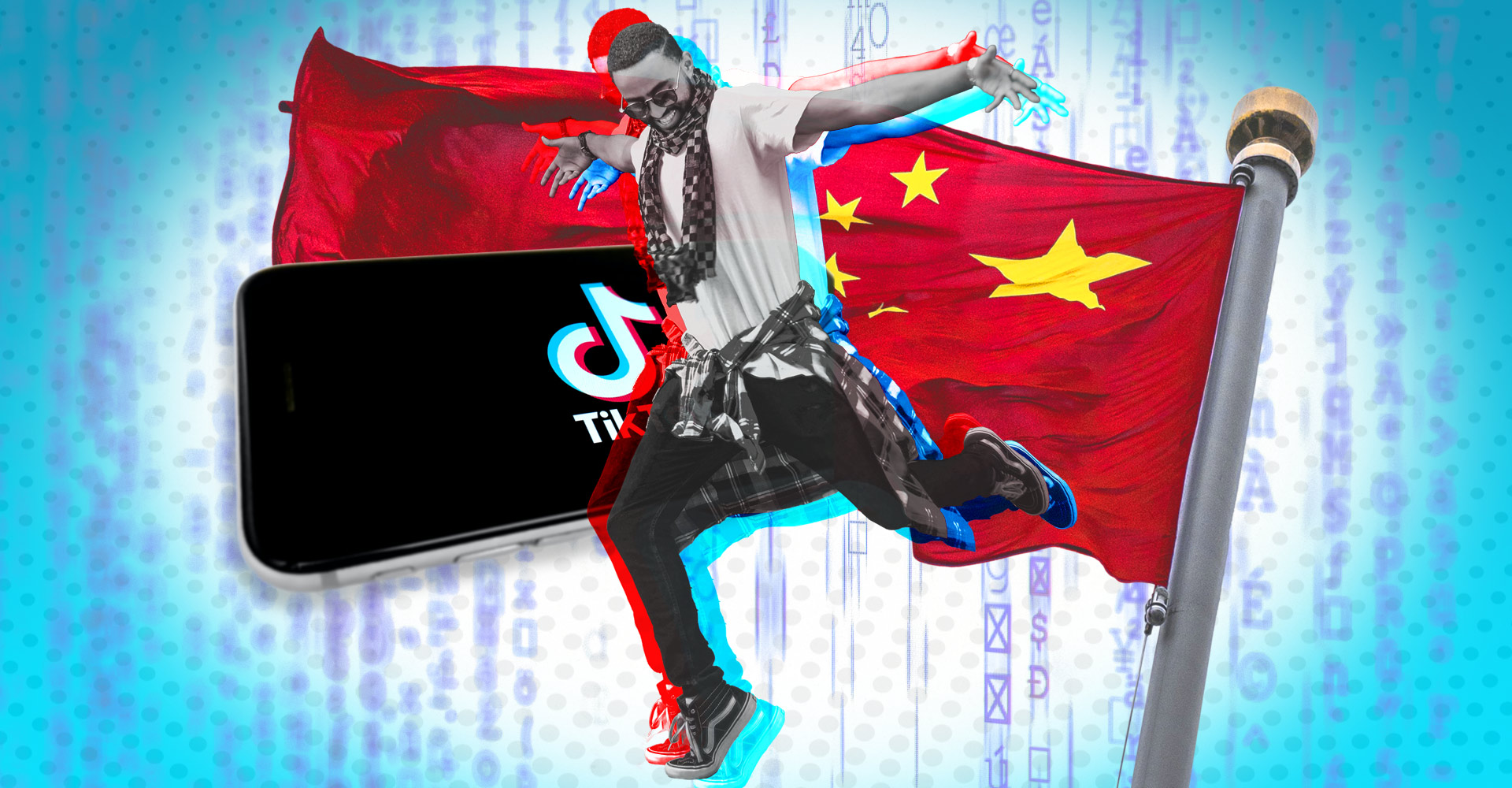
As a millennial, I gave up so much of my data without realizing it. Now that I do realize it, do I want to go down that route again with TikTok?
Full confession: I do not use TikTok. As a certified Old Millennial, the only places I’ve watched TikTok videos (is that what the kids call them?) is when they’re reposted to Instagram. I chose not to jump on that particular social media bandwagon for a few reasons. And now, as TikTok has come into its maturity a bit (a.k.a. old people like me are using it), I’m honestly glad that I made that choice. Sure, it seems like there’s lots of funny stuff on there. And yes, I write about the internet for a living. And it seems like the Chinese government probably isn’t spying on TikTok users? But TikTok certainly is. Here’s the deal: TikTok has taken the data-sucking model of social media to the nth degree. As you’ll see in this week’s What Does the Internet Know About Me?, TikTok is pretty invasive. Get ready. TikTok collects… everything. They know what you’re watching, how much time you’re spending there, every single search you make, and so on. And even if you don’t have an account — like me — you can still browse around. And, guess what? According to an investigation by Vice magazine, TikTok is collecting extensive data and sharing it with other apps even if you’re not logged in with them. So, that’s cool. Now let’s look at what TikTok’s Privacy Policy says they collect. As you can see, they’re not holding back. And there are some things that aren’t included here, like the fact that TikTok is now collecting biometric data, including “faceprints” and “voiceprints,” although they don’t define what that means, according to TechCrunch. That “with your permission” to collect information from your clipboard also has some wiggly lines, because it comes with the caveat that they’ll only ask for permission “when required by law.” Yikes. And speaking of privacy laws, TikTok does let you download all of your data — and not just if you’re in Europe or California, which is nice to see. They also let you turn off personalized ads, which is another point in their favor. TikTok’s explanation of what they do with user data is written pretty clearly and in plain English, so I’ll copy/paste it below. But the TL;DR is that they use it to provide you with the service you want (aka short form videos and a social network) and for advertising. They say they don’t “sell” your data, but they do share it with their business partners, which includes advertisers. So you know, potato/potahto. Here’s how uses TikTok your data, in their own words: Look, when it comes to online privacy and social media, I’m somewhere between Kara Swisher buying a second phone that only has TikTok installed and your aunt who has never heard the term “privacy settings.” That’s to say, I try to do my best to limit the amount of information that’s collected about me on the sites that I enjoy or that I think provide me with some specific utility. That’s really the whole point of this series: Helping me (and you) figure out what’s worth it and what isn’t. But here’s the thing: “Worth it” is a subjective value judgement. And, for me, TikTok just isn’t worth it. The amount of data they collect — and the freedoms they give themselves with it — feels bad to me. And as an Old Millennial, I gave up so much of my data without realizing it. Why would I want to go down that route again, now that I do realize it? Plus, I’m still not totally convinced the Chinese government isn’t using it for surveillance. I studied Chinese for eight years and worked at a Chinese human rights organization in college. So good luck convincing me otherwise.
What data does TikTok collect?
What does TikTok do with my data?
Should I care?
如有侵权请联系:admin#unsafe.sh
.png)